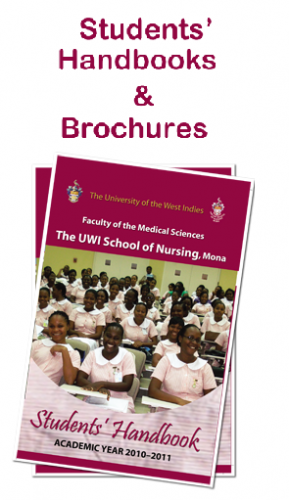Measuring self-efficacy for self-directed learning: An evaluation of the Hoban and Sersland Self-Efficacy for Self-Directed Learning Questionnaire (SE-SDLQ)
Background: There is well documented evidence of benefits of self-directed learning in nursing education. Measuring self-efficacy for self-directed learning is necessary to guide self-directed learning intervention, given its predictive influence. The Self-Efficacy for Self-Directed Learning Questionnaire intends to measure self-efficacy for self-directed learning; however, its properties are not widely known.
Aim: This study aimed to determine whether the SE-SDLQ provided an interpretable measure of self-efficacy (SE) for self-directed learning (SDL) among undergraduate nursing students in Jamaica.
Methods: A descriptive cohort study using the mixed methods approach. A purposive sample of baccalaureate nursing students (N=73) completed the 11-point 10-item questionnaire. Exploratory factor analysis (EFA) using principal component extraction with oblique rotation was conducted followed by thematic analysis of items. Factorability of data was determined using the Kaiser-Myer-Olkin (KMO) minimum index of 0.5, anti-image diagonals greater than 0.5 and a significant Bartlett’s Test for Sphercity. Statistical analysis was assisted by SPSS® version 17.0.
Results: The data met all criteria of factorability: i) KMO index = .86; ii) anti-image diagonals exceeded 0.5 (.75-.94); iii) Bartlett’s Test for Sphercity was significant (χ2 [45] = 484; p < .001). One (1) component was extracted which explained 57.90% of variance. Item loading ranged from 0.60 to 0.91 and reliability was strong (α=.92). Content analysis of items yielded several themes: independent learning, task mastery when challenged, learner responsibility, learning need orientation and self-control.
Conclusion: The Self-Efficacy for-Self-Directed Learning Questionnaire possesses a single factor structure and is highly reliable and items reflect self-directed learning attributes; therefore, the instrument may provide interpretable data regarding self-efficacy for self-directed learning within the study cohort.
Munroe, D., Bennett, J. & Johnson, R.
